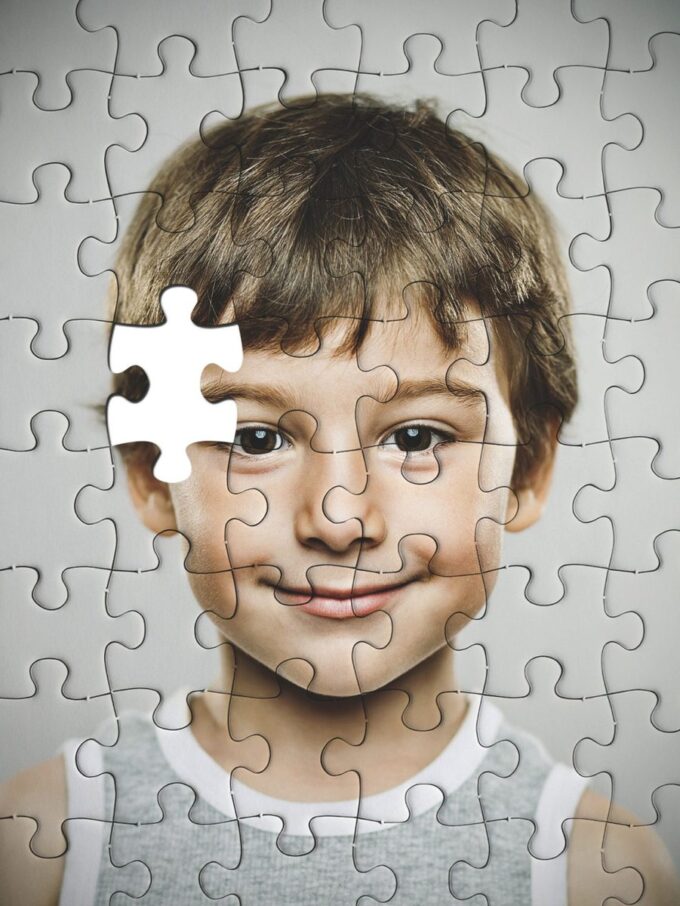Setting an example for the rare
Every year at the end of February is International Rare Disease Day. To mark this occasion, campaigns and events have been taking place around the world since 2008 to raise awareness of an acute but little-known issue.

In Switzerland, as many people suffer from rare diseases as from diabetes. Although each rare disease is rare in itself (below 0.05 % of the population), there are many of them in total (over 5000) and thus 6-8 % of the population are affected by at least one rare disease. However, only a (fraction) of those affected are likely to have the correct diagnosis and, based on this, the best possible disease management or even effective therapy.
National concept on rare diseases not yet implemented
Since only a few people suffer from the same rare disease, they are of no interest to the pharmaceutical industry or the Healthcare system lucrative. As long as the legislation passed by the Federal Council in 2014 national concept on rare diseases is not implemented and no government funding is provided for scarcely researched rare diseases, specialized institutions depend on the commitment of the population and private organizations.
The non-profit and operational Foundation for People with Rare Diseases intervenes in the field of medical genetics where there is a need for action. For example, in the case of rare diseases for which there is still no genetic diagnosis in Switzerland. In this way, the foundation fills a gap in the Swiss health care system with its own specialists. Comparable institutions exist only abroad.
80 % genetic
About 80 % of rare diseases are genetic. For this reason, and in the context of the current political discussions on genetic testing, the Foundation emphasizes that genetic testing for medical purposes (genetic diagnostics initiated by a physician) should not be confused with genetic testing outside the medical field (so-called lifestyle genetic testing from the Internet or the pharmacy). The methods used and the medical interpretation significantly determine the respective significance of the results, which are usually valid for a lifetime ("lifetime value"). It should be noted that not all genetic tests are the same. Set an example, and not only on International Rare Disease Day.
Text: Foundation for people with rare diseases
Remuneration of medicinal products in individual cases









